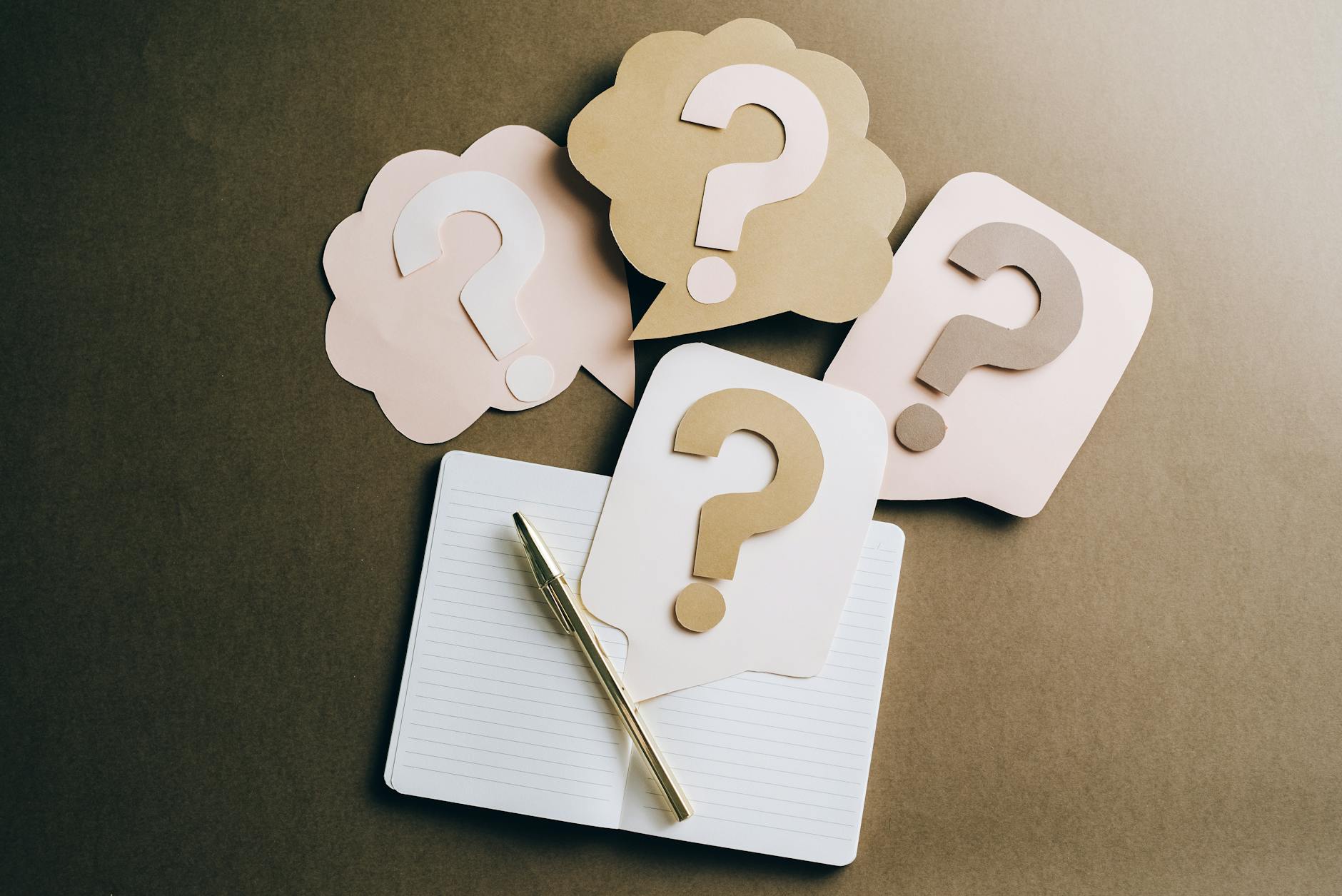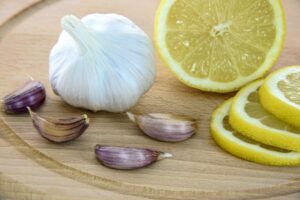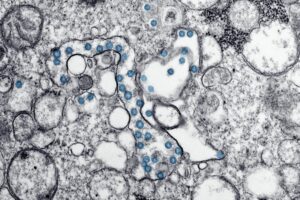How to Boost Your Memory in Old Age

Photo by Leeloo The First on <a href="https://www.pexels.com/photo/question-marks-on-craft-paper-5428830/" rel="nofollow">Pexels.com</a>
How to Boost Your Memory in Old Age: Practical Strategies for Cognitive Health
Introduction
As people age, staying sharp becomes a big concern. Memory is key to doing daily tasks, keeping independence, and enjoying life. When memory starts to fade, it can be frustrating and even isolating. The good news? There are simple steps you can take to boost your brain power and keep your memory strong. With more seniors than ever, researchers find that early care and habits matter. This article shares proven ways to keep your mind healthy as years go by.
Understanding Memory Decline in Aging
Causes of Memory Loss in Older Adults
Memory loss is common as we get older. Sometimes it’s a normal part of aging, but other times it’s linked to health problems like Alzheimer’s disease. Brain changes, less blood flow, and less physical activity can all play a role. Lifestyle choices, like smoking or poor diet, can speed up decline. It’s important to recognize what’s behind memory issues so you can act early.
Common Types of Memory Affected by Aging
Not all memories fade equally. Short-term memory, which helps you remember what you just saw or heard, can weaken with age. Long-term memory, like childhood memories, usually stays sharper longer. Working memory—your brain’s workspace—may also slow down, affecting how quickly you process new information.
Statistics and Research Overview
Studies show nearly half of seniors experience some decrease in memory. About 10-15% develop mild cognitive impairment, which can progress. Research finds that staying active and eating well can slow down decline. Early intervention is a key factor in preserving cognitive skills.
Lifestyle Factors That Enhance Memory in Old Age
Nutrition and Brain Health
Eating the right foods can keep your mind fit. Focus on omega-3 fatty acids found in fish like salmon, walnuts, and flaxseed. Fruits and vegetables rich in antioxidants, like berries and leafy greens, protect brain cells. Avoid processed foods high in sugar and unhealthy fats, which can harm your memory. A balanced diet fuels brain function just like gasoline powers a car.
Physical Activity and Its Effect on Memory
Moving your body boosts brain health. Aerobic exercises like walking, biking, or swimming improve blood flow to the brain. Strength training also helps maintain mental sharpness. Studies show that staying active slows age-related cognitive decline. Think of exercise as medicine that keeps your mind and body working together.
Adequate Sleep and Memory Consolidation
Quality sleep is vital for memory. During sleep, your brain cleans out toxins and processes what you’ve learned. Older adults often struggle with insomnia, but habits like sticking to a schedule, avoiding caffeine late, and creating a relaxing bedtime routine help. Think of sleep as your brain’s nightly repair shop—without it, memories don’t stick.
Stress Management and Emotional Well-being
Chronic stress wears down your brain and hampers memory. Practices like meditation, deep breathing, or gentle yoga reduce stress levels. Engaging in hobbies and spending time with loved ones lifts your mood. A calm mind creates a fertile ground for healthy memory function.
Cognitive Exercises and Mental Stimulation
Brain-Training Activities
Activities like puzzles, crosswords, or brain-training apps stimulate your mind. These tasks challenge your brain and keep neural connections active. Scientific studies show that regular mental exercises can improve memory skills. Think of your brain like a muscle—use it, or lose it.
Learning New Skills and Hobbies
Picking up a new hobby, such as learning a language or playing an instrument, keeps your brain engaged. These activities involve multiple areas of the brain, reinforcing memory pathways. Many seniors find joy and mental sharpness from trying something new.
Social Engagement and Community Involvement
Staying socially active benefits your mind. Conversations, group activities, or volunteering help keep mental gears turning. Social interactions also reduce loneliness, which is linked to memory issues. Find ways to stay connected with friends and community groups.
Medical and Supplementary Interventions
Regular Health Screenings and Managing Chronic Conditions
Keeping health conditions like high blood pressure, cholesterol, and diabetes under control is crucial. These illnesses can damage blood vessels and impair brain function. Regular check-ups and adherence to treatment plans protect your memory over time.
Medications and Cognitive Enhancers
Some drugs can temporarily improve thinking and memory. But they’re not a cure and should be used cautiously. Always consult your doctor before taking any supplements. Natural approaches often work better in the long run.
Emerging Treatments and Research
Scientists explore therapies to improve brain plasticity and repair. Trials involve new medications, stem cell research, and brain stimulation techniques. The future holds promising options, but preventive habits remain your best bet today.
Technology and Tools for Memory Support
Memory Aids and Assistive Devices
Smartphones and tablets offer reminders, alarms, and calendars. Wearable devices can monitor your activity and health. Using these tools helps handle forgetfulness and stay organized effortlessly.
Innovative Digital Solutions
Apps designed for seniors include memory games, daily prompts, and brain teasers. Telehealth services connect you with specialists without leaving home. These solutions offer easy ways to assess and support cognitive health.
Tips for Integrating Technology into Daily Routine
Set up regular reminders for taking medication or appointments, ensuring that you maintain a consistent routine. Use alarms to stay on schedule, allowing technology to assist you in managing your time effectively. Additionally, it’s important to balance screen time with outdoor walks and engaging face-to-face chats with friends and family. Taking breaks from digital devices not only refreshes your mind but also enhances your overall well-being. Remember, technology should support your goals, not replace real interactions; strive to foster meaningful connections that nourish your spirit and provide a sense of community in your life.
Conclusion
Boosting your memory in old age involves more than just one change. It’s a mix of good habits, mental exercises, medical care, and smart tech use. A holistic approach helps keep your brain sharp longer. The more you invest in brain health today, the more independence and joy you’ll enjoy tomorrow. Start with small steps—your future self will thank you. Take action now to protect your memories for years to come.




